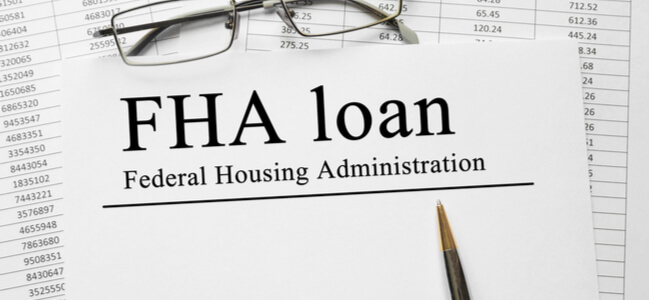When Is The Best Time Of Year To Refinance Your Mortgage?

Mortgage refinancing is a common strategy homeowners use to lower their interest rates. Reducing one’s rate by as little as 1% can result in tens of thousands of dollars in savings over the lifetime of one’s mortgage.
Here, we’ll take a closer look at the best times to refinance as well some of the best lenders to use for a mortgage refinancing.
Why Timing Matters
The interest rate that a bank charges a borrower depends on the current market conditions. In times of economic contraction, the Federal Reserve lowers the Fed Funds Rate in an effort to encourage economic activity.
During times of market expansion, interest rates are increased to keep inflation under control. When taking out a mortgage, current market conditions play a major role in dictating what interest rate one will receive.
Those who secure their mortgage during times of economic expansion may look to refinance their mortgage when market conditions change to secure a lower interest rate. These rates may fluctuate in periods as short as a month and over periods as long as years.
Best Time To Refinance
Simply put, the best time to refinance one’s mortgage is when they can secure an interest rate that’s 37.5 base points (0.375%) lower than their current rate.
Many people sit down with a mortgage counselor to go over what a refinancing would mean for them. While many do find this helpful, it’s important to keep in mind that lenders make money when they sell a loan and their advice may not always be in the best interest of the borrower.
Another important factor to consider is the overall cost. A new loan will come with an origination fee, usually somewhere between 2% and 5% of the total loan amount. The borrower needs to determine how long it’ll take for them to break even.
For example, if an individual is refinancing their $500,000 mortgage and the refinancing loan comes with origination fees of 2%, they’ll be paying $10,000 in fees to refinance. Generally speaking, if the lower interest rate can’t offset the origination fees within 24 - 36 months, the individual is usually advised against refinancing their mortgage.
Best Time Of Month
All sales associates, including those who sell mortgages at a bank or private lender, have monthly quotas they’re required to reach.
For example, a mortgage specialist at a bank may be required to sell ten million dollars worth of mortgage loans in a single month. If they’re halfway through the month and find they aren’t on track to meet their minimum monthly quota, they may start offering slightly better terms to entice individuals to take out loans.
Because of this, those looking to refinance their mortgage should always wait until the last two weeks of the month to talk to a mortgage specialist about refinancing. This ensures that borrowers seeking to refinance receive the best possible interest rate available at that time.
Best Time Of Year
Anyone who has worked in the financial sector knows that the majority of their income is performance-based.
For a mortgage banker, their year-end bonus can be two to three times their yearly salary and is entirely based on how many mortgages they’ve sold. These bonuses are usually handed out at the end of the fourth quarter, which is October, November, and December.
This means that many loan officials will be pushing hard to sell as many mortgages as they can towards the end of the year, even if it means slightly lowering interest rates. Therefore, anyone looking to refinance their mortgage should do so in the fourth quarter of the year.
Recommended Installment Loans
When a borrower is looking to refinance their mortgage and find the best installment loan available, they typically shop around with several different lenders to check which offers the best rates. It’s important to know your options, especially if you’re refinancing your mortgage with poor credit.
Fortunately, online lenders have grown in popularity because of their convenience and competitive rates, making it easy to compare rates from the comfort of home. Below are three popular online refinancing options.
- Upgrade: Upgrade is a good choice for anyone who has an average or lower than average credit score. The lender is more concerned with an applicant's cash flow and their debt-to-income ratio than the applicant's credit history
- Avant: This Chicago based lender is another company willing to work with individuals who possess a lower than average credit score. Those with scores as low as 580 often qualify. Avant offers competitive interest rates similar to its competitors
- Best Egg: Best Egg is another quality option for fair credit individuals. It offers competitive interest rates and relatively low origination fees compared to their competitors
[H2] Bottom Line
Many people ask “when is refinancing your mortgage a bad idea?”. To answer this, there are basic criteria everyone should satisfy before considering refinancing.
- Will the interest rate drop by at least 0.375%?
- Can the savings in interest offset the cost of the origination fee within 24 - 36 months?
- Always apply for refinancing in the last 2 weeks of the month?
- Try and plan a refinancing for the last quarter of the year when interest rates are typically at their lowest?
Armed with these questions in mind, making an informed refinancing decision is just a comparison away.



